What to Measure – the ‘How’ or the ‘Change’
As we stepped into TARAgram, the rustic strains of a Bundeli folk song wafted across; we were in the midst of a mela – TARAgram Mela! And true to the spirit of a typical village mela (fair), we were in for surprises. On display were replicas of development models promoted in Bundelkhand, such as of watershed development and integrated village development. Self-help groups from the villages in which Development Alternatives works had set up stalls, where they displayed the ethnic products and food items made by them, and a group of folk artists regaled the audience with their music and dance performances.
TARAgram Mela is organised every year in conjunction with TARAgram Yatra, an annual event, led by the Development Alternatives (DA) Group in partnership with international thinking–learning organisations, designed to deliberate on germane issues of development with the mission of inspiring sustainability in policy and practice. This year, in its 8th edition, TARAgram Yatra had as its central theme – ‘Economies for People and Planet’ – and the conversation flowed along five different sub-themes aligned to critical elements that would have to converge for moving forward on a pathway towards a green economy.
As Yatris, we visited some of the development models implemented by DA in its intervention villages. We interacted with the local community to understand their perception of these interventions and its impacts, and their ownership in ensuring the sustenance of these models. Later, on Day 2 of the Yatra, we joined the conversation that looked at ‘measuring what matters’. But before we could delve into the conversation, there were questions to answer – what is it that matters, and to whom? Difficult questions to answer for sure, but thankfully we had a diverse set of experiences embodied in the participants at the discussion. As we went round the table, we heard from practitioners who brought in insights from the community, researchers who looked at these issues with academic rigour, and policy actors who are at the forefront in shaping our mainstream development trajectory.
As the conversation progressed, it became clear that the questions are complex and pan out differently in different contexts. To start finding answers, we would have to simplify and prioritise. In other words, we have to ask not just ‘what matters?’, but ‘what matters the most?’ How do we identify simple indicators that encompass a holistic spectrum of outcomes? For example, if we were to assess the success of a watershed development programme, would the measurement of how migration has reduced be a critical outcome indicator? Could this indicator be used to infer that water security and livelihood security had improved in the area, without actually having to measure the change in these complex and difficult to measure parameters? More generically speaking, have we made our reporting systems and indicators so complex and cumbersome that they have ceased to communicate?
As we talked about the current systems of measurement, it became evident that we have allowed ourselves to be blinded by the pursuit of GDP. It’s like, as a nation, we have started to equate growth with development. But as we already know, there are limits to growth. Economic growth is important, but not when it comes at the cost of the health of our ecological systems. Moreover, whether the benefits of economic growth are being distributed equitably or are only making the rich richer and the poor poorer, must also be assessed. These are some of the considerations that would assume paramount importance in a green economy.
But how did we land up in this situation? Did we leave the decisions of which development trajectory we take to a few who did not necessarily represent the aspirations and priorities of the majority? So then, how can we shift gears now and move to a pattern of development that is more participatory and inclusive? Perhaps, a good starting point would be to introduce platforms for community based monitoring of development – development as understood and defined by the communities themselves and, therefore, owned by them. The debate on what comprises development has to be decentralised, because it will mean different things to different people in different contexts. Measurement systems too will have to step up to this challenge.
This does not mean that we completely scrap the current measurement systems and discard all macro-indicators, but that we need more nuanced reporting systems. While it is necessary to quantify, we cannot undermine the importance of qualitative analysis that helps us to capture the intangible aspects of development. Mechanisms for seeking feedback from the constituencies whose development is being measured may be incorporated. Finally, an important requirement would be for the measurement and reporting systems to be able to throw light on not just ‘where we have reached’, but also on ‘where we are headed’.
Mayukh Hajra (mhajra@devalt.org) &
Nibedita Phukan (nphukan@devalt.org)
The views expressed in the article are those of the authors’ and not necessarily those of Development Alternatives.


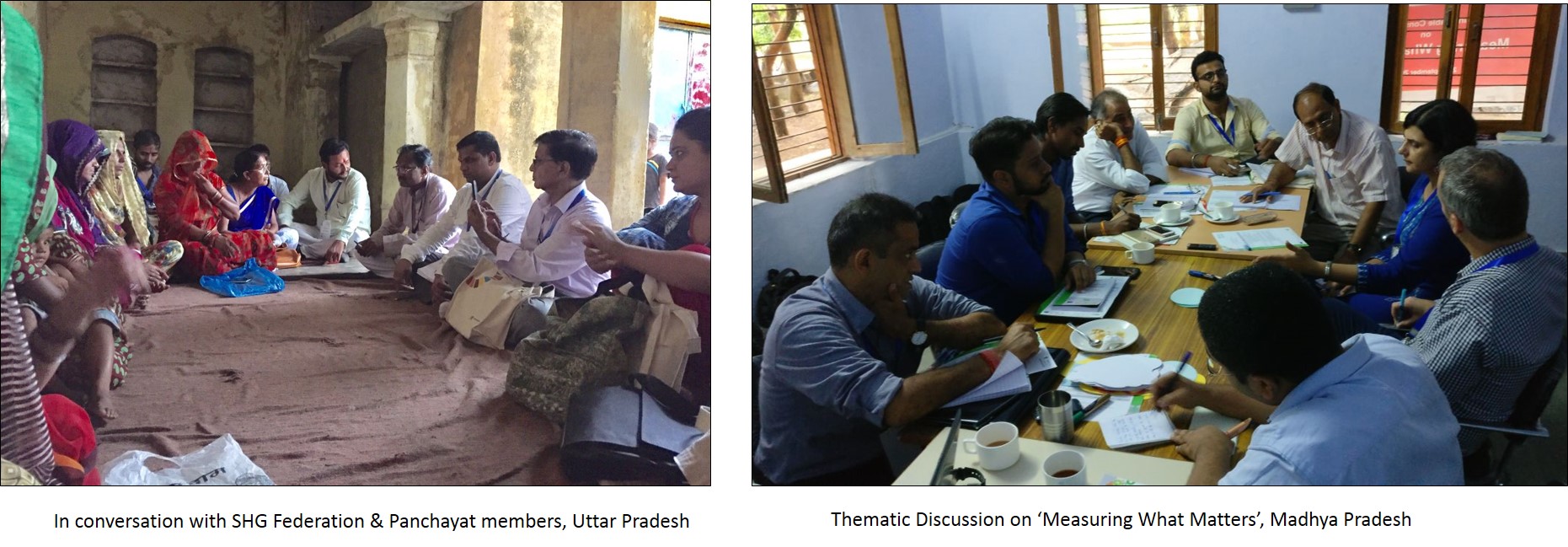
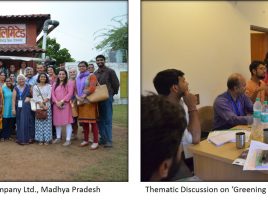
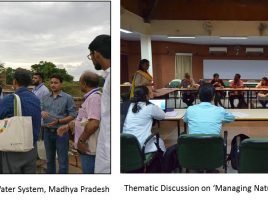
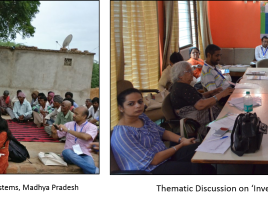
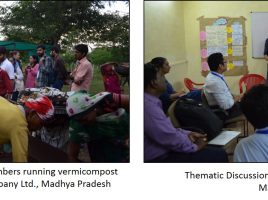
Leave a Reply